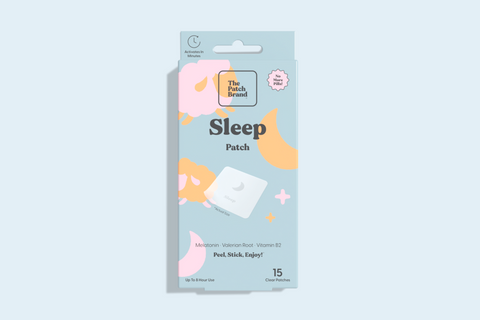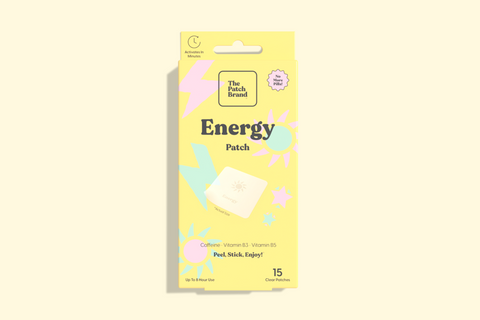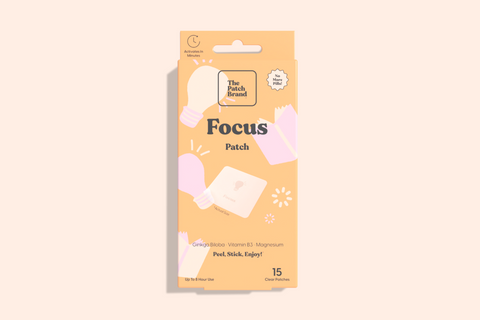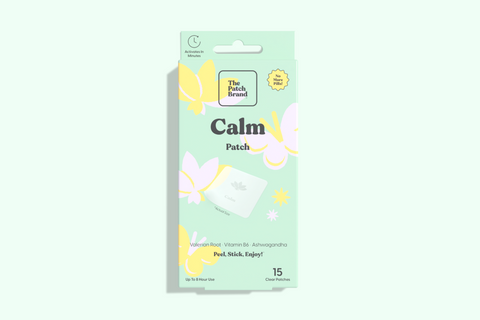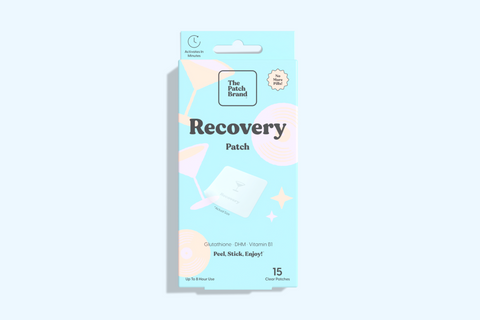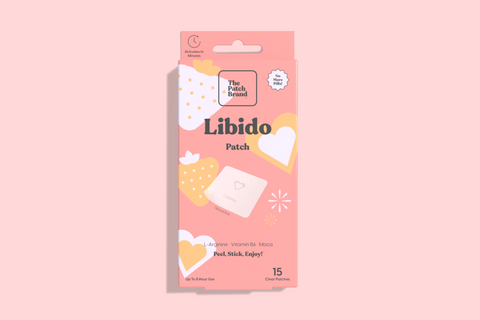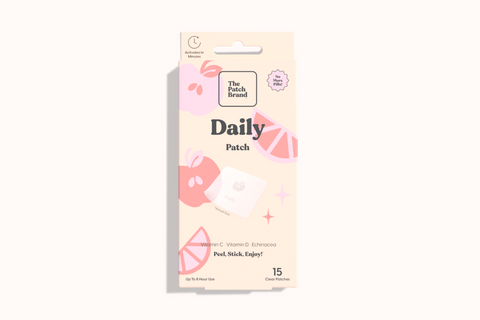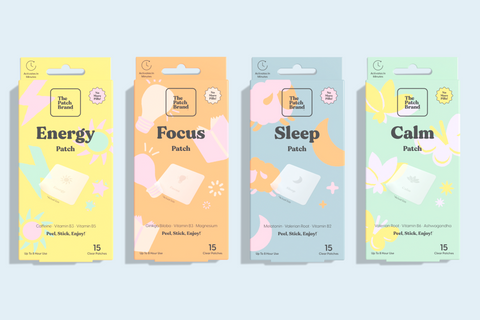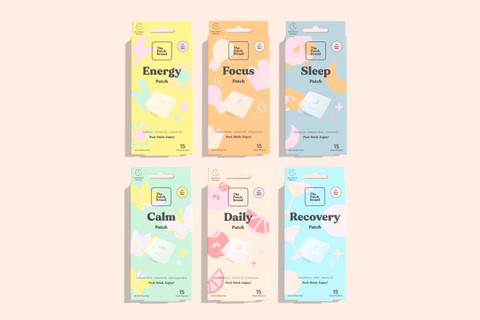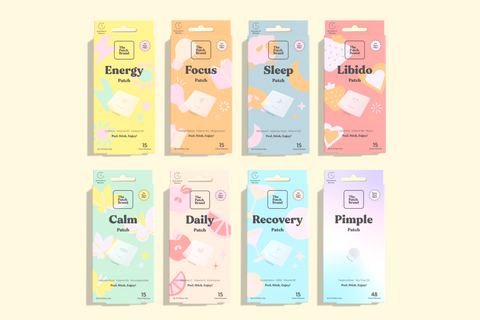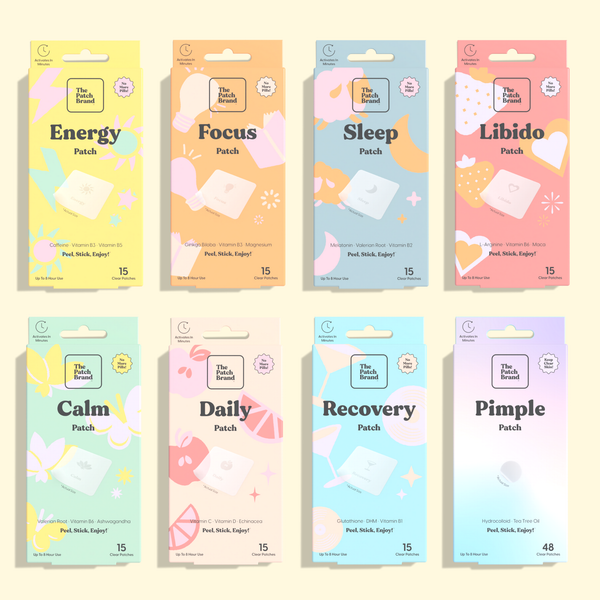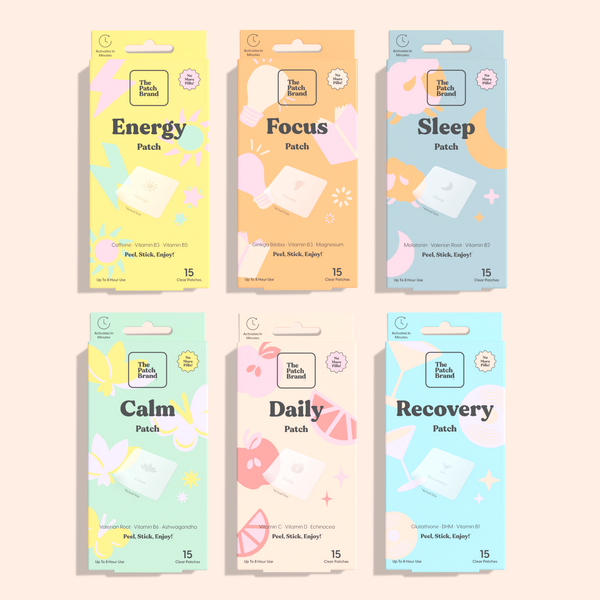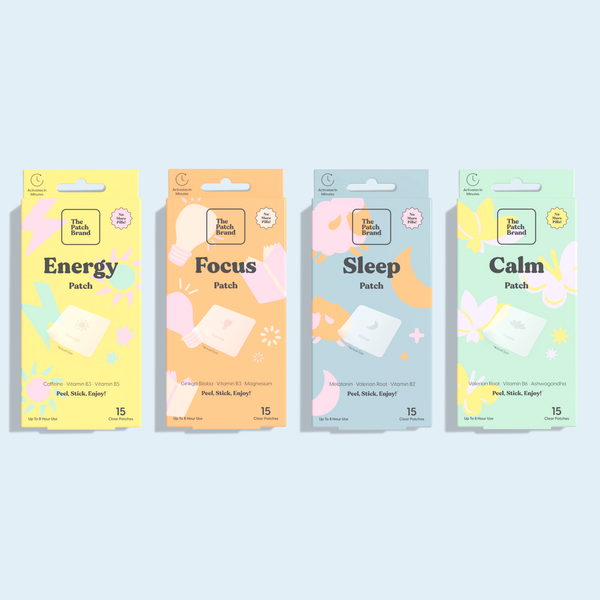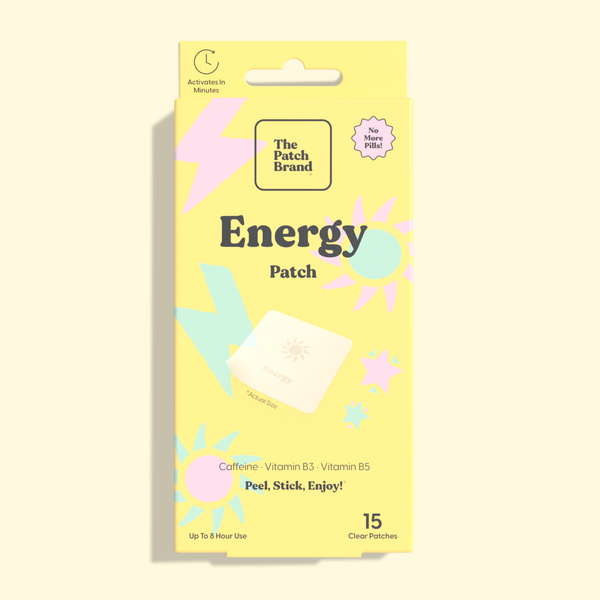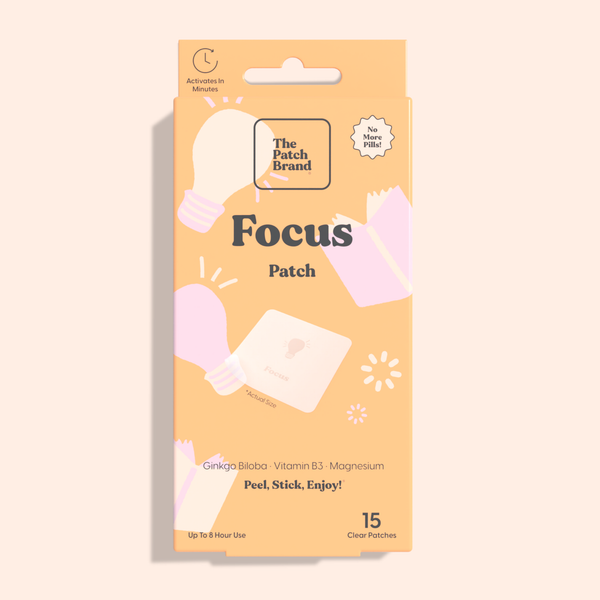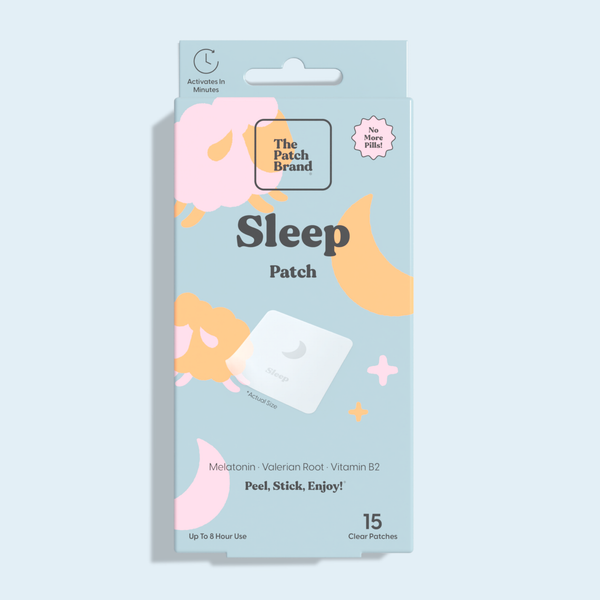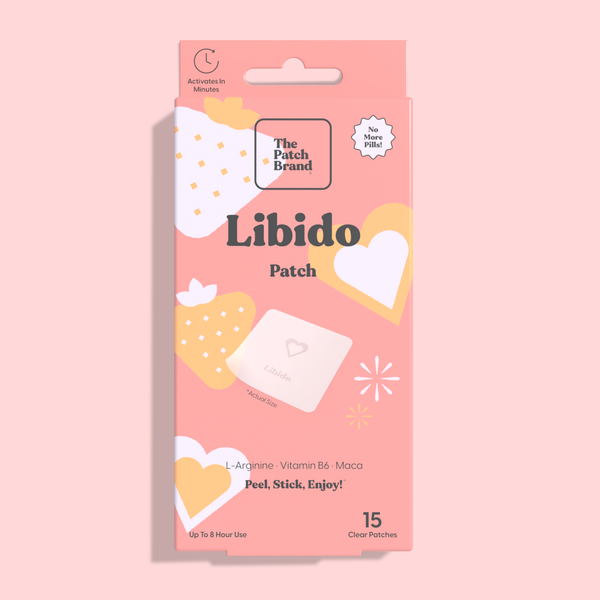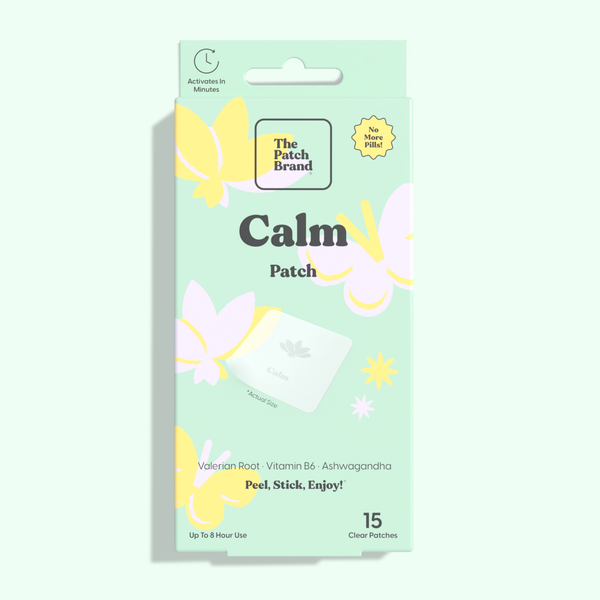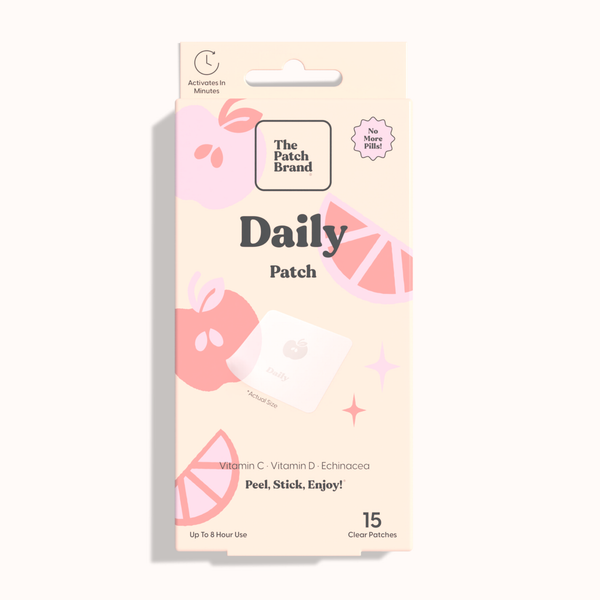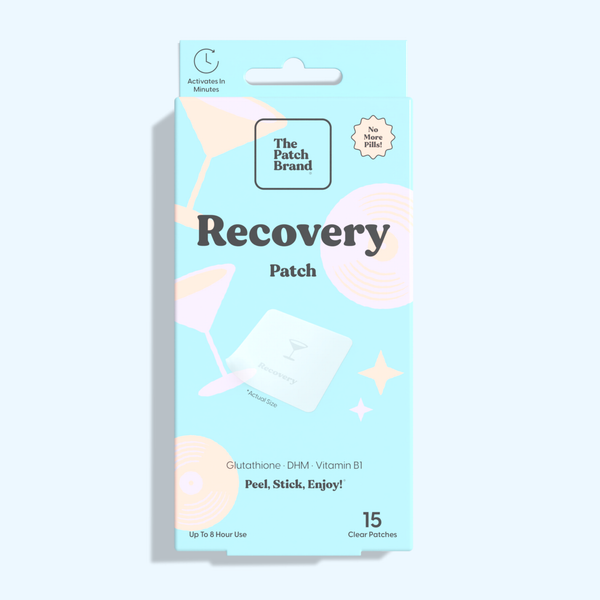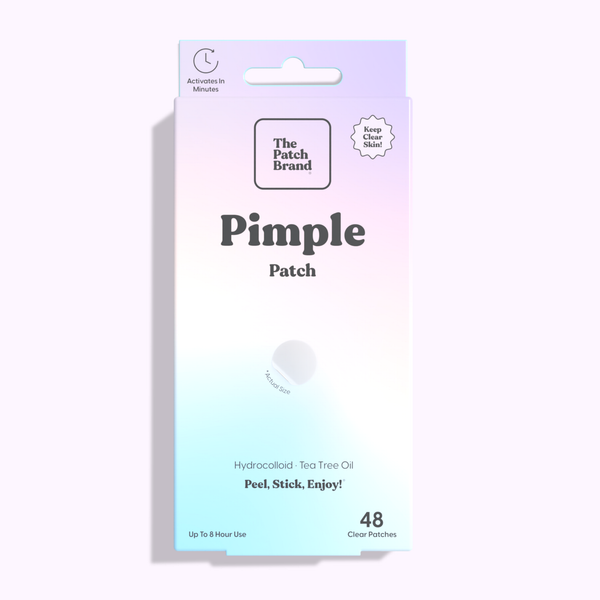Pimples, those pesky, unwanted guests on our skin, can be a source of discomfort and frustration. Fortunately, modern skincare offers a range of rapid pimple elimination methods to help us deal with them effectively. From advanced skin care products to natural home remedies, there's an option for everyone. Whether you're dealing with occasional breakouts or a more persistent form of acne, understanding the variety of treatments available is crucial. We'll explore some of the most effective techniques that have been backed by dermatologists and loved by users worldwide. Remember, the key to successful pimple treatment is not just finding the right method, but also understanding your skin type and its specific needs.
Utilizing Spot Treatments for Immediate Results
Salicylic acid, a well-known beta hydroxy acid, is widely recognized for its effectiveness in tackling acne. It works by exfoliating the skin, unclogging pores, and reducing inflammation, making it an ideal ingredient for salicylic acid spot treatment. Particularly beneficial for those with oily and acne-prone skin, salicylic acid penetrates deep into the skin to dissolve dead skin cells and excess oils that lead to pimples. Regular use of salicylic acid-based products can not only treat existing acne but also prevent future breakouts. It's important to start with a lower concentration to measure your skin's tolerance and gradually increase as needed.
Another formidable ingredient in the fight against acne is benzoyl peroxide. This compound is known for its antibacterial properties, which target the bacteria responsible for acne. Benzoyl peroxide is effective in reducing inflammation and removing dead skin cells that clog pores. It's available in various concentrations, allowing users to choose a strength that suits their skin sensitivity and acne severity. However, it's vital to be aware that benzoyl peroxide can cause dryness and irritation, especially in higher concentrations. Hence, it's recommended to start with a lower strength and use it in moderation. Spot treatments can be incredibly effective when used correctly. Here's a step-by-step guide to ensure optimal results:
-
Cleanse Your Skin: Start with a gentle cleanser to remove impurities and excess oil.
-
Apply a Small Amount: Use a pea-sized amount of the spot treatment. Over-application won't speed up results and might irritate the skin.
-
Wait and Moisturize: Allow the treatment to absorb for a few minutes before applying a non-comedogenic moisturizer.
-
Be Consistent: Regular application, as advised by the product instructions, is key to seeing results.
-
Protect Your Skin: Always use sunscreen during the day, as spot treatments can make your skin more sensitive to the sun.
Using spot treatments can be a game-changer in your skincare routine. Whether you opt for salicylic acid, benzoyl peroxide, or both, these treatments target pimples directly and offer fast results. Remember, consistency and following the right application methods are essential for effectiveness. By incorporating these treatments into your routine, you can achieve clearer, healthier skin.
Importance of a Gentle Skincare Routine
In the pursuit of pimple-free skin, regular and gentle cleansing is fundamental. It's the cornerstone of any effective skincare routine, especially for those prone to acne. A gentle cleanser helps remove dirt, oil, and impurities without stripping the skin of its natural oils. This balance is crucial to maintain, as over-drying can lead to increased oil production, further aggravating acne issues. For individuals dealing with pimples, it's advisable to choose cleansers with soothing ingredients that cleanse deeply yet gently, ensuring the skin's natural barrier remains intact and healthy.
Exfoliation is key in preventing pore clogging, a common cause of pimples. However, choosing the right type of exfoliant is critical. Non-abrasive exfoliants, such as those containing mild acids like alpha-hydroxy acids (AHAs) or beta-hydroxy acids (BHAs), are preferred over harsh scrubs. These chemical exfoliants gently dissolve dead skin cells without the need for physical scrubbing, minimizing irritation. Incorporating a suitable exfoliant into your routine can help keep the skin smooth and clear, reducing the likelihood of pimples forming.
After cleansing and exfoliating, it's vital to moisturize. The key here is to use non-comedogenic moisturizers. These moisturizers are specially formulated to not clog pores, an essential feature for acne-prone skin. They hydrate and nourish the skin without adding excess oil. A good non-comedogenic moisturizer will support the skin's natural barrier, protect against environmental damage, and provide the hydration needed to prevent overproduction of oil. By selecting the right moisturizer, you can ensure that your skincare routine supports a pimple-free complexion while maintaining the skin's overall health and vitality.
Dietary Changes for Acne Management
An often overlooked yet significant aspect of acne management is diet. Certain foods, particularly dairy products and high-glycemic foods, can exacerbate acne in some individuals. Dairy, due to its hormone content, may stimulate oil glands in the skin, leading to increased pimple formation. Similarly, high-glycemic foods like sugary snacks and refined carbohydrates can cause spikes in blood sugar and insulin levels, potentially triggering acne. Therefore, reducing the intake of these food groups can be beneficial for those struggling with persistent acne. It's not about eliminating these items but rather finding a balance that works for your body and skin.
Incorporating a variety of fruits, vegetables, lean proteins, and whole grains can have a positive impact on acne. These foods are rich in essential nutrients, antioxidants, and anti-inflammatory properties that support skin health. Omega-3 fatty acids, found in fish and flaxseeds, are particularly beneficial for reducing inflammation associated with acne. A well-rounded diet not only helps in managing acne but also contributes to overall health and well-being.
Staying well-hydrated is another critical factor in acne management. Water helps in detoxifying the body and maintaining the health of skin cells. It aids in flushing out toxins and can reduce the concentration of oil on the skin. Adequate hydration also ensures that the skin remains supple and less prone to irritation and breakouts. Incorporating a healthy amount of water into your daily routine can significantly aid in the prevention and reduction of acne. Remember, while topical treatments are important, what you put inside your body is equally crucial for clear skin.
Stress Reduction and Its Role in Clear Skin
Stress is a well-known trigger for acne. It stimulates the production of hormones like cortisol, which can increase oil production in the skin, leading to pimples. Incorporating stress-reduction practices such as meditation and yoga into your daily routine can have a profound effect on your skin. Here are some effective ways to manage stress for better skin health:
-
Practice Mindfulness: Engage in mindfulness activities like deep breathing or mindful walking to stay present and reduce stress.
-
Regular Exercise: Physical activity releases endorphins, which are natural mood lifters and stress reducers.
-
Balanced Diet: Eating a balanced diet aids in overall health and helps in managing stress levels.
-
Adequate Hydration: Drinking enough water keeps you hydrated and helps in stress management.
-
Quality Sleep: Aim for 7-8 hours of sleep per night to help your body and skin recover from daily stressors.
-
Social Connections: Maintain a supportive social network to share your feelings and reduce stress.
Stress reduction is not just a short-term solution for acne flare-ups; it offers long-term benefits for skin health. When stress is managed effectively, the body's hormonal balance is maintained, leading to reduced oil production and fewer pimples. By incorporating these practices into your daily life, you can significantly reduce stress, leading to clearer, healthier skin. Remember, stress reduction for clear skin is a holistic approach that requires patience and consistency.
Avoiding Common Acne Management Mistakes
One of the most common mistakes in acne management is the urge to pick or squeeze pimples. While it might seem like a quick fix, this habit can worsen acne by causing inflammation, infection, and even scarring. Picking at pimples can push bacteria and pus deeper into the skin, leading to more severe acne or painful cysts. Additionally, it disrupts the skin's healing process, potentially resulting in long-term scarring and hyperpigmentation.
Another mistake is using harsh skincare products that can irritate and damage the skin. Products with high concentrations of alcohol, strong acids, or abrasive scrubs can strip the skin of its natural oils, leading to increased oil production and more breakouts. It's important to use gentle, non-comedogenic moisturizers and cleansers that maintain the skin's balance. Furthermore, over-washing or excessive exfoliation can harm the skin barrier, so sticking to a moderate and gentle skincare routine is key.
Achieving clear skin is a journey that requires consistency and patience. It's essential to stick to your skincare routine, even when immediate results aren't visible. Remember, skin improvement takes time, and sporadic efforts won't yield lasting benefits. Patience is also crucial, as skin rejuvenation and healing don't happen overnight. Embrace the process and give your skin the time it needs to respond to the changes in your skincare routine and lifestyle. Understanding your skin's needs, choosing the right products, and maintaining a healthy lifestyle are all integral parts of this journey. With the right approach and mindset, clear, healthy skin is not just a possibility, but a reality.
